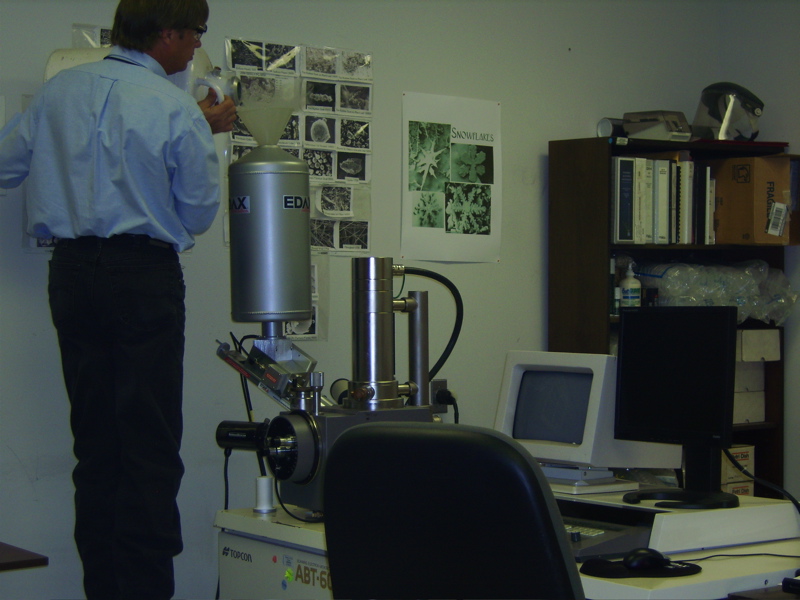Original article:
http://www.news.wisc.edu/16945(credit to kjmclark for pointing me to this article in another thread)
Extract with some clarifications added by me.
The engine research group at the University of Wisconsin-Madison is blending diesel and gasoline showing significantly lower pollutant emissions than conventional engines, with an average of 20 percent greater fuel efficiency.
Diesel and gasoline both bring unique assets and liabilities to powering internal combustion engines. Diesel engines operate more efficient than gas engines, but gas engines burn cleaner. The new engine blends the fuels inside the combustion chambers at precisely the right mix. Diesel is used to ignite the gasoline.
This provides the following advantages:
First the engine operates at much lower combustion temperatures because of the improved control — as much as 40 percent lower than conventional engines — which reduces heat loss.
Second, the fuel preparation controls the chemistry for optimal combustion. That translates into less unburned fuel energy lost in the exhaust, and also fewer pollutant emissions being produced by the combustion process. The lower emissions allows for meeting EPA's 2010 emissions without additional cleaning.
In addition, the system can use relatively inexpensive low-pressure fuel injection (commonly used in gasoline engines), instead of the high-pressure injection required by conventional diesel engines.
Comment:
This is technically similar to CNG/diesel dual fuel operation. Gasoline however is more widely available than CNG and has a similar energy content by volume compared to diesel (no negative impact on vehicle range).
It is the combination of higher efficiency and low emissions that makes this technology seem viable. Diesel engines have a hard time meeting the same emissions that are feasible with other fuels. Diesel engines operate more efficiently, but are also more expensive. This new engine is basically a diesel engine, so it's probably going to be expensive, but the fuel economy compensates for that. In comparisson to other engines that meet the EPA 2010 emissions this looks like a winner to me.






